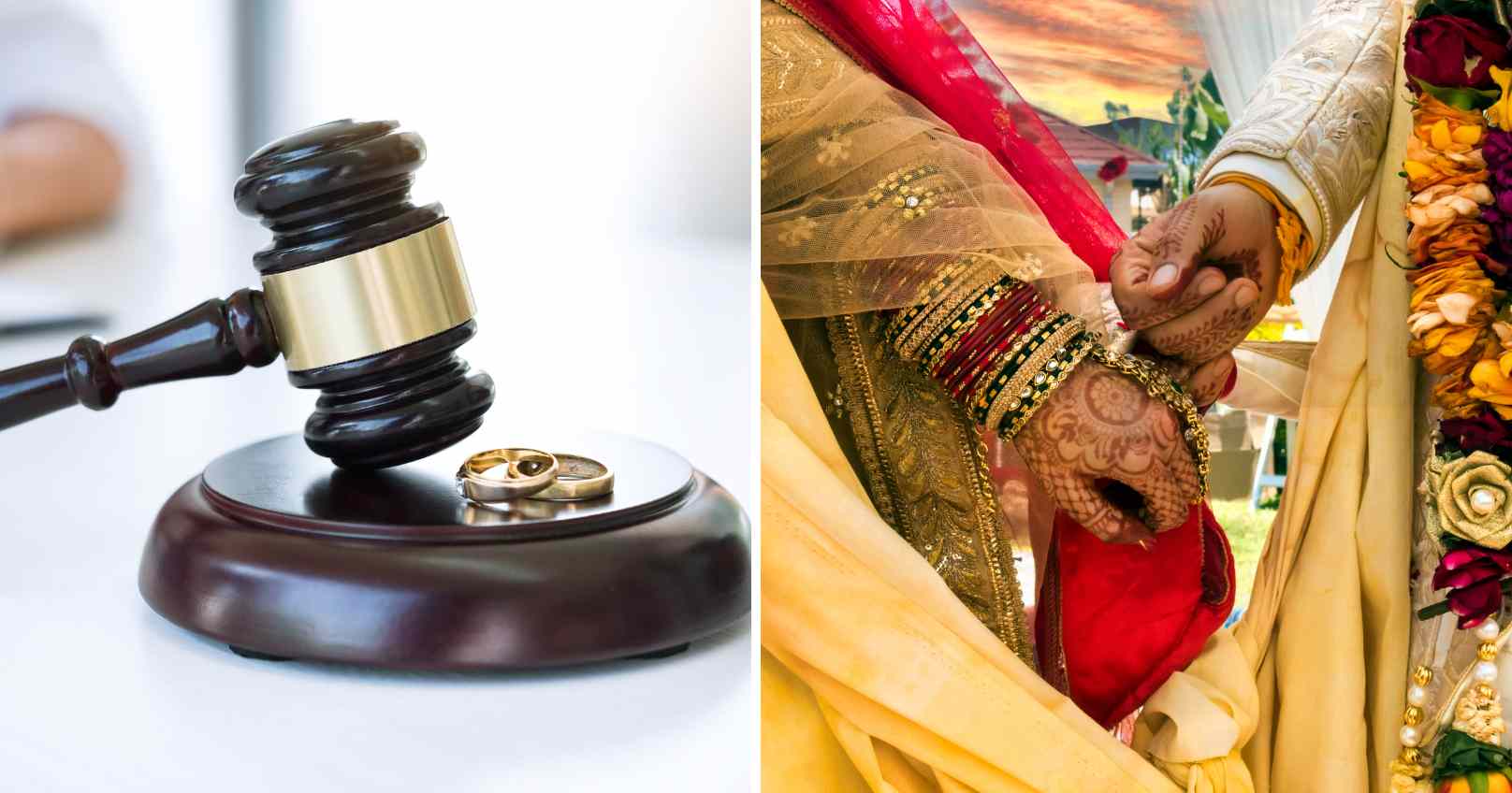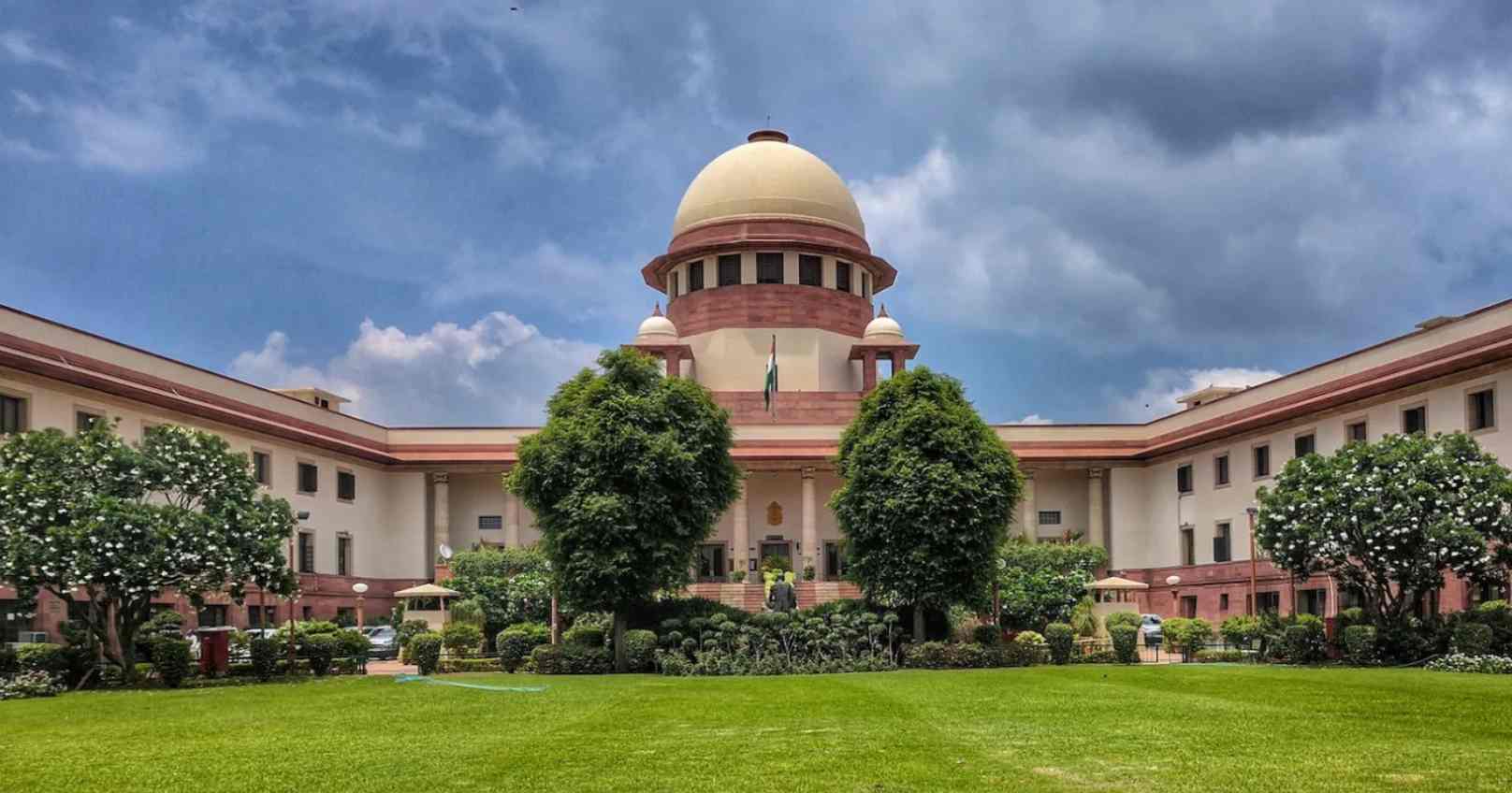The Allahabad High Court has clarified that individuals who choose to marry against the wishes of their families cannot automatically demand police protection unless there is a clear and present danger to their safety or freedom.
This view was expressed by Justice Saurabh Srivastava while considering a writ petition filed by Shreya Kesarwani and her husband. The couple had approached the court seeking protection from interference by their family members and requested that police be directed to ensure their safety.
After reviewing the details of the case, the court concluded that there was no credible threat to the couple’s life or liberty. As such, it declined to issue any direction for police protection.
In the judgment, the court emphasized that while protection can be granted in appropriate cases, it should not be presumed to be a right in every instance of a couple defying societal or familial expectations. “Such couples must learn to stand by each other and confront societal challenges,” the court observed.
Justice Srivastava referred to the Supreme Court’s decision in Lata Singh v. State of U.P., where it was held that judicial protection is not meant for every young couple who has simply eloped to get married.
The court further pointed out that there was no substantial material suggesting the petitioners were under any actual threat, nor was there any indication that their relatives posed a danger to their physical or mental wellbeing.
Additionally, the petitioners had not filed a formal complaint or FIR against any specific act of intimidation or harassment, although they had submitted a representation to the Superintendent of Police in Chitrakoot district.
Taking that into account, the court said that if police authorities found any genuine risk to the couple’s safety, they were expected to act in accordance with the law. However, without such a threat, there was no reason for the court to intervene.
The order, dated April 4, concluded by reiterating that police protection cannot be claimed as a matter of entitlement in the absence of concrete evidence of danger.







